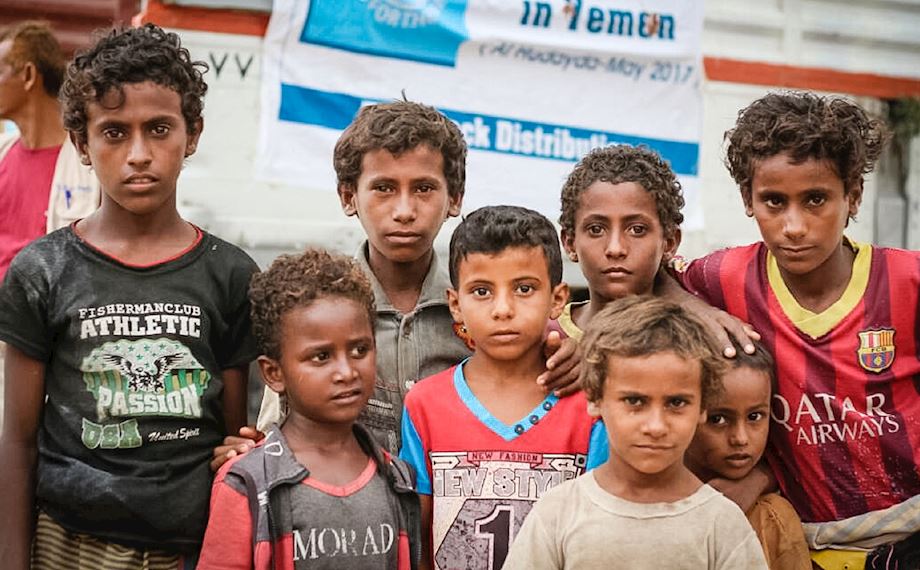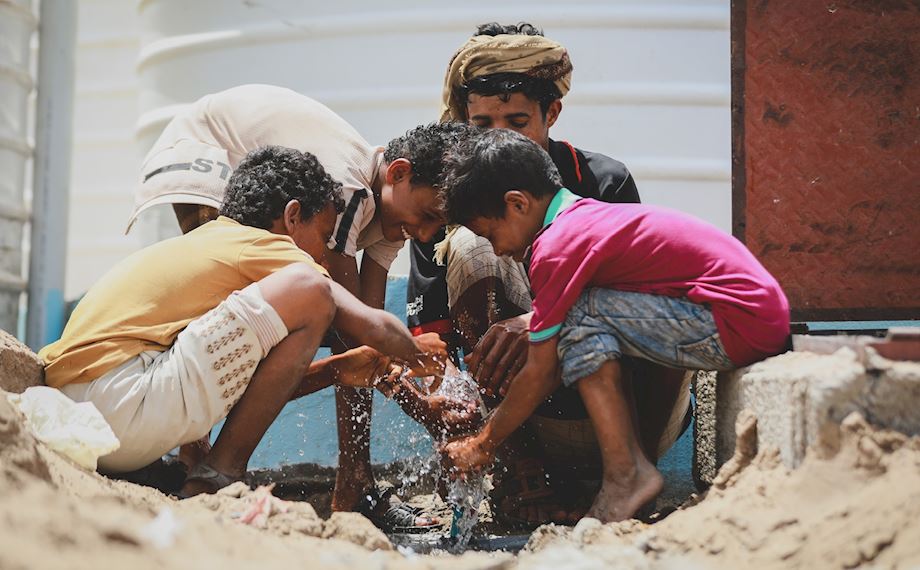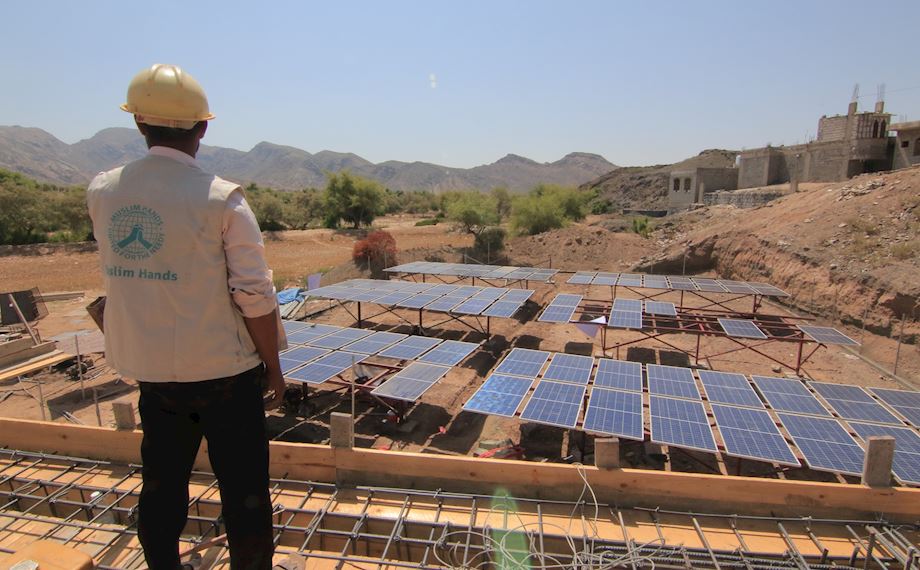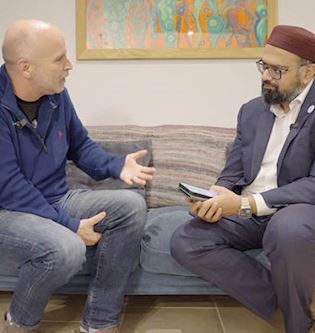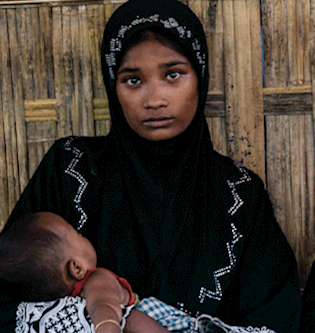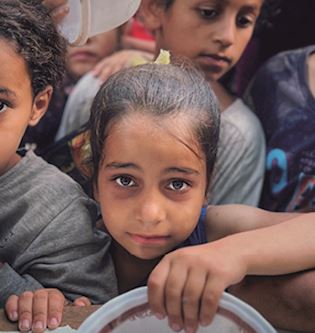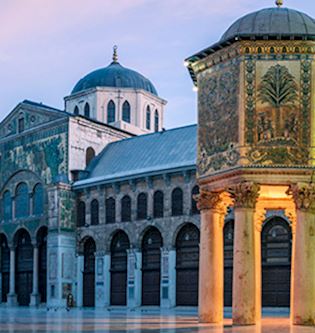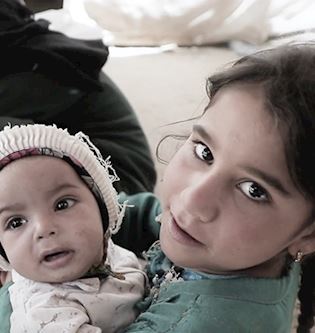Our BIGGEST Water Project in Yemen!

Already a water-scarce region, the six-year conflict in Yemen has severely impacted the country's water infrastructure, leaving 18 million people in urgent need of WASH assistance [UN]. With your support, our team have been rehabilitating wells in rural Yemen, converting them to solar-powered wells to supply clean drinking water to vulnerable and displaced families round-the-clock.
Now, we are launching our biggest ever water project in the country, which will provide 1.7 million people in the Aden and Lahj Governorates with clean water piped directly into their homes and we need your support.
This article will explain the current situation in Aden, how its existing water infrastructure works, how the conflict has impacted the water supply in Aden, what our intervention is and, finally, how your support can change the lives of 1.7 million people.
What is the current situation in Aden?
The city of Aden is a major seaport located within Aden Governorate in southern Yemen. It overlooks Somalia across the Arabian Sea, and is bordered by the Lahj Governorate of Yemen. (It is important to keep this in mind, as some of Aden's water infrastructure is geographically located in Lahj, but administratively controlled by Aden. We will discuss this in more detail later).
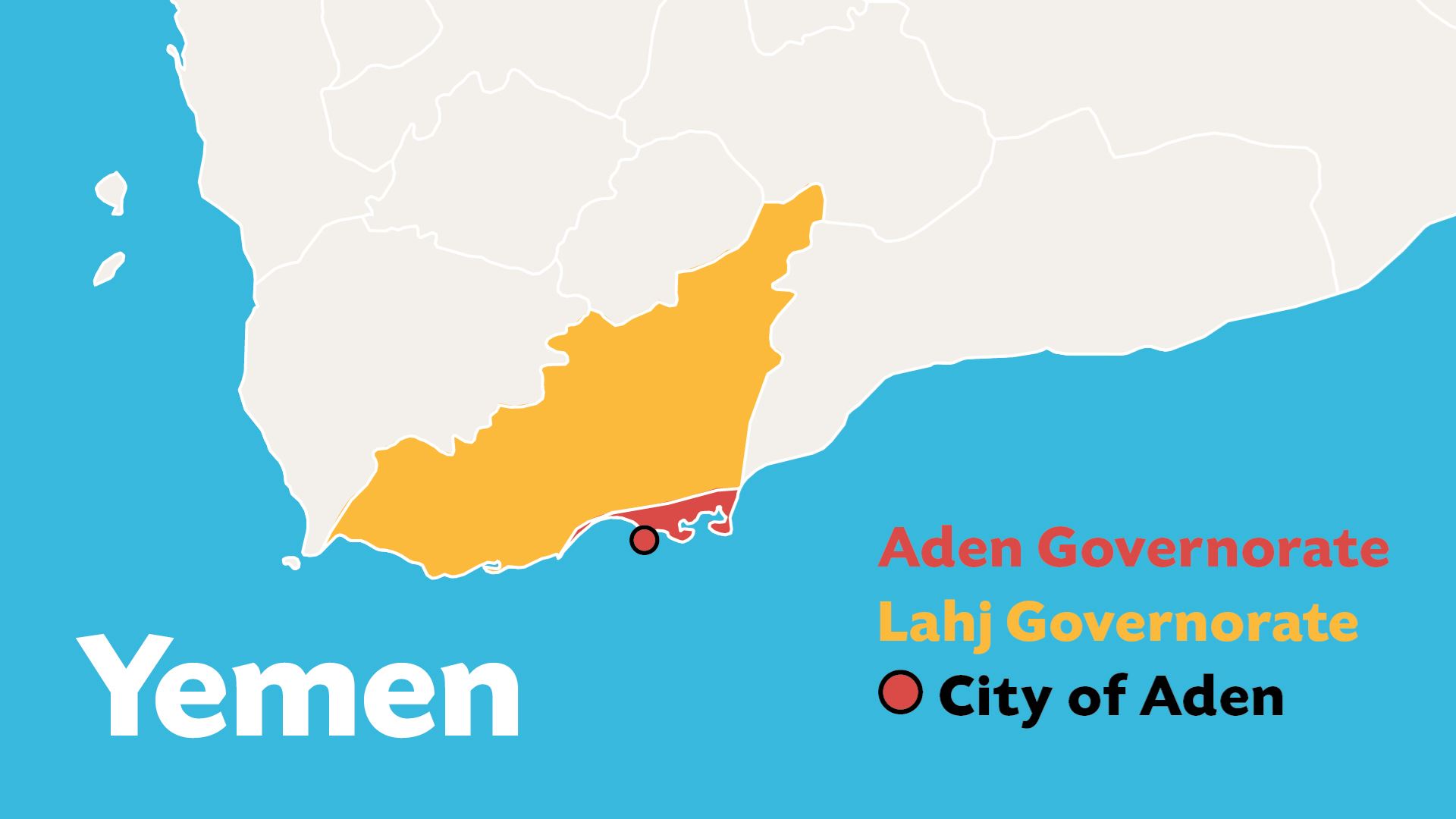
Henceforth, we will use 'Aden' to refer to the city, and 'Aden Governorate' to refer to the governorate.
Before the conflict, the Aden Governorate was home to around 900,000 people, but an influx of internally displaced Yemenis and refugees (mostly Somali) has increased the population to 1.7 million. Aden itself is the second most populous city in Yemen, with approximately 1.14 million residents.
Historically, Aden has always been significant in global trading networks. It possesses one of the world's largest natural harbours, and is strategically located just six kilometres from the main East-West shipping routes. Ancient Roman and Greek merchants connected the Mediterranean Basin to the Indian Ocean via Aden, buying and selling a variety of goods such as spices, precious stones, silks, metals and even exotic flowers. It has been described as 'the key to the Red Sea and the treasury of India'.
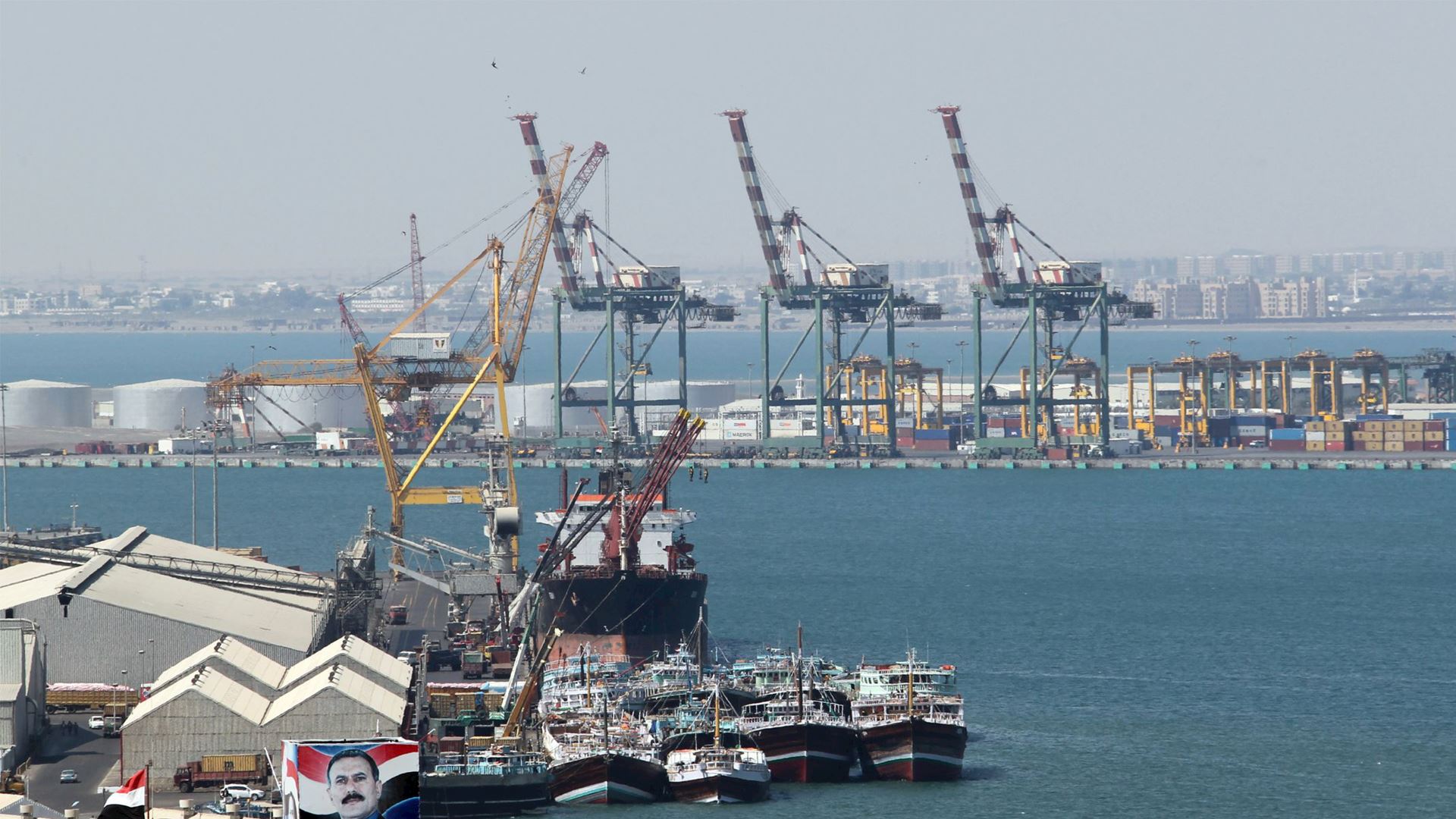
In modern times, Aden's strategic significance increased after the Suez Canal was opened in 1869, as this transformed it into one of the busiest refuelling stations in the world and a global transit point. Even after Sana'a became Yemen's new capital in 1990, the government remained committed to maximising Aden's trading potential. Throughout the 1990s, the city's infrastructure was being upgraded - the Aden Container Terminal opened in 1999, and major renovations on Aden's International Airport were completed by 2001. Although factors like the 1994 Civil War did limit growth, Aden had modern facilities, a well-educated labour force and it remained attractive to international investors.
However, everything changed once the conflict in Yemen began in 2015.
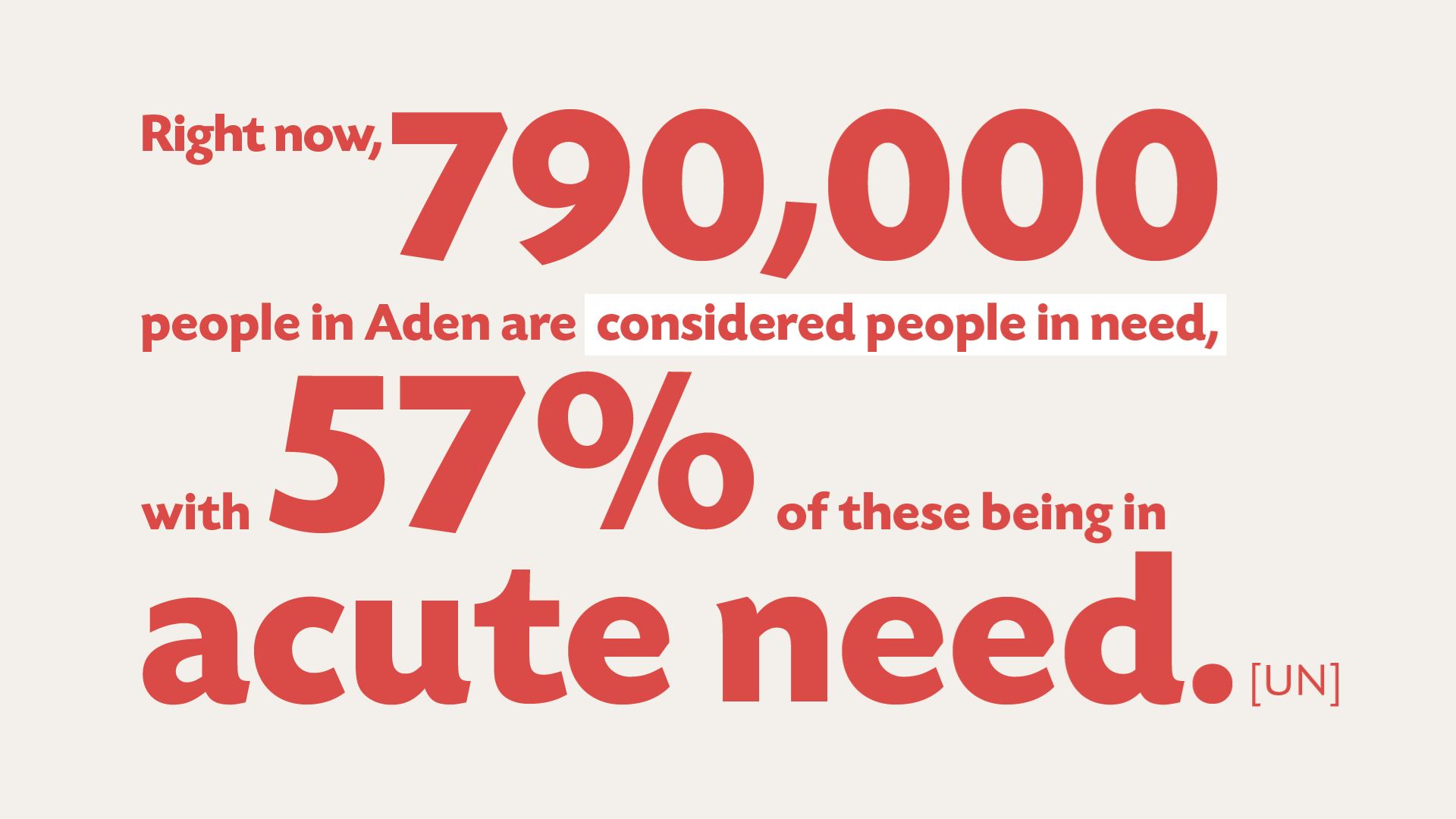
Aden's economy relies heavily on its port facilities, but trade and shipping have been severely impacted by the ongoing conflict. Today, Yemen - and by extension, Aden - is synonymous with a devastating conflict and desperate humanitarian need. Aden can no longer be concerned with attracting investors or maximising its trade, because its residents are literally struggling to survive.
Across every sector, public services and facilities have deteriorated, including extensive damage to the electric grid, healthcare services and water and sanitation services. Like the rest of Yemen, it is suffering from famine and economic crisis. There aren't even enough houses in Aden, as the influx of IDPs has led to a rise in informal settlements. In short, Aden is no longer recognisable as 'an economic hub'; instead, it is a humanitarian nightmare.
How does Aden's water infrastructure work?
About 86% of the population in Aden is connected to the public water supply system. The following diagram demonstrates how this system works:
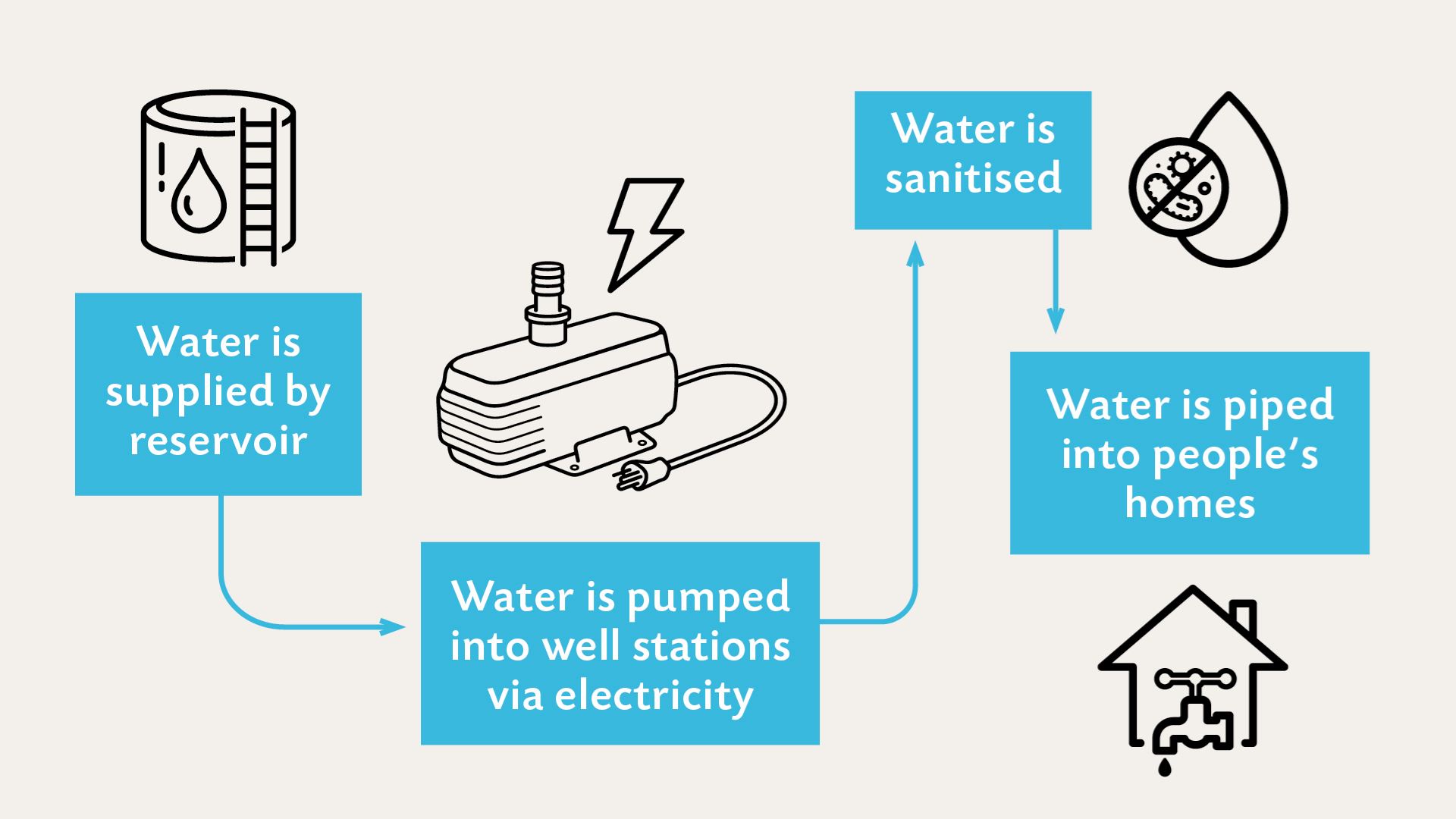
Well stations are also referred to as well fields. They consist of a collection of wells, connected to the reservoir by electricity. There are three main well fields in Aden: Al-Manasrah, Bir Nasser and Bir Ahmed. They are mainly supplied by the Bir Ahmed reservoir.
It is worth noting that, geographically, the Bir Nasser well field is located in Lahj Governorate, but is under the administration of Aden Governorate. Thus, any changes to its wells will also impact water supply in Lahj.
Aside from the impact of the conflict, the main problem with Aden's infrastructure is that it is extremely worn-out. The system is over 50 years old, dating back to the British colonial era. On a practical level, this means:
- The electric network can't handle increased water production.
- The water wells require regular cleaning and maintenance, but the teams are struggling with rudimentary equipment which doesn't perform this task well.
- The wells are clogged by accumulated sediment which strains the pumps and reduces water production.
- There are no devices installed to measure well output and wells are operated manually.
- The field management situation is 'disastrous', to quote our team on the ground, as the people working in the well fields are constantly suffering from system faults and even explosions.
- Population expansion over the last 50 years means the water network is connected to many areas randomly and without meters, which obviously makes the water supply difficult to calculate and manage.
The system was thus outdated and difficult to manage even before the conflict began in 2015. But the situation has worsened over the last six years and at this point, households in Aden are receiving piped water for only a few hours every three days. This is absolutely appalling and has led to many families drinking unsafe and extortionately-priced water, which we will discuss further.
How has the conflict impacted the water supply in Aden?
By 2017, it was reported that Aden's water system had sustained $59 million worth of structural damage.
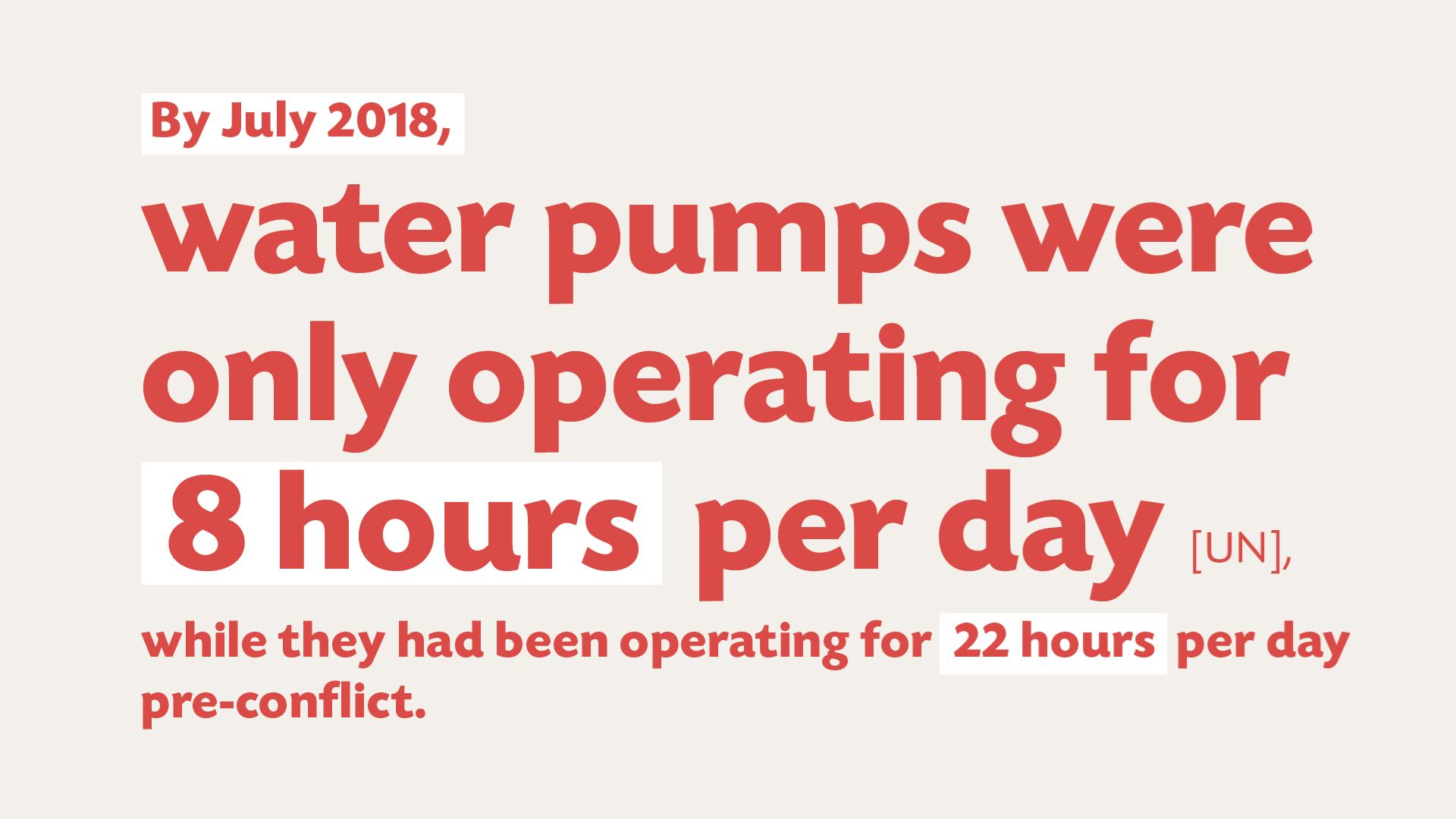
Today, it is only operating for 2-4 hours every three days, partly due to this structural damage, and partly due to ballooning fuel prices which make it impossible to operate the system full time. There are frequent power outages and many wells are simply non-functioning. This has led to families being forced to cut down on the water they use for drinking, cooking, bathing, laundry and personal hygiene purposes.
It is important to note that this structural damage has led to huge health and environmental hazards.
On the one hand, disruptions in the water system have led to sewage overflowing into the streets and untreated water being dumped into the sea. There have been outbreaks of cholera and diphtheria across Yemen, and Aden had the second highest number of cholera and Acute Watery Diarrhoea cases in the initial outbreak. In 2019, a report found that IDPs in Aden were especially impacted by cholera.
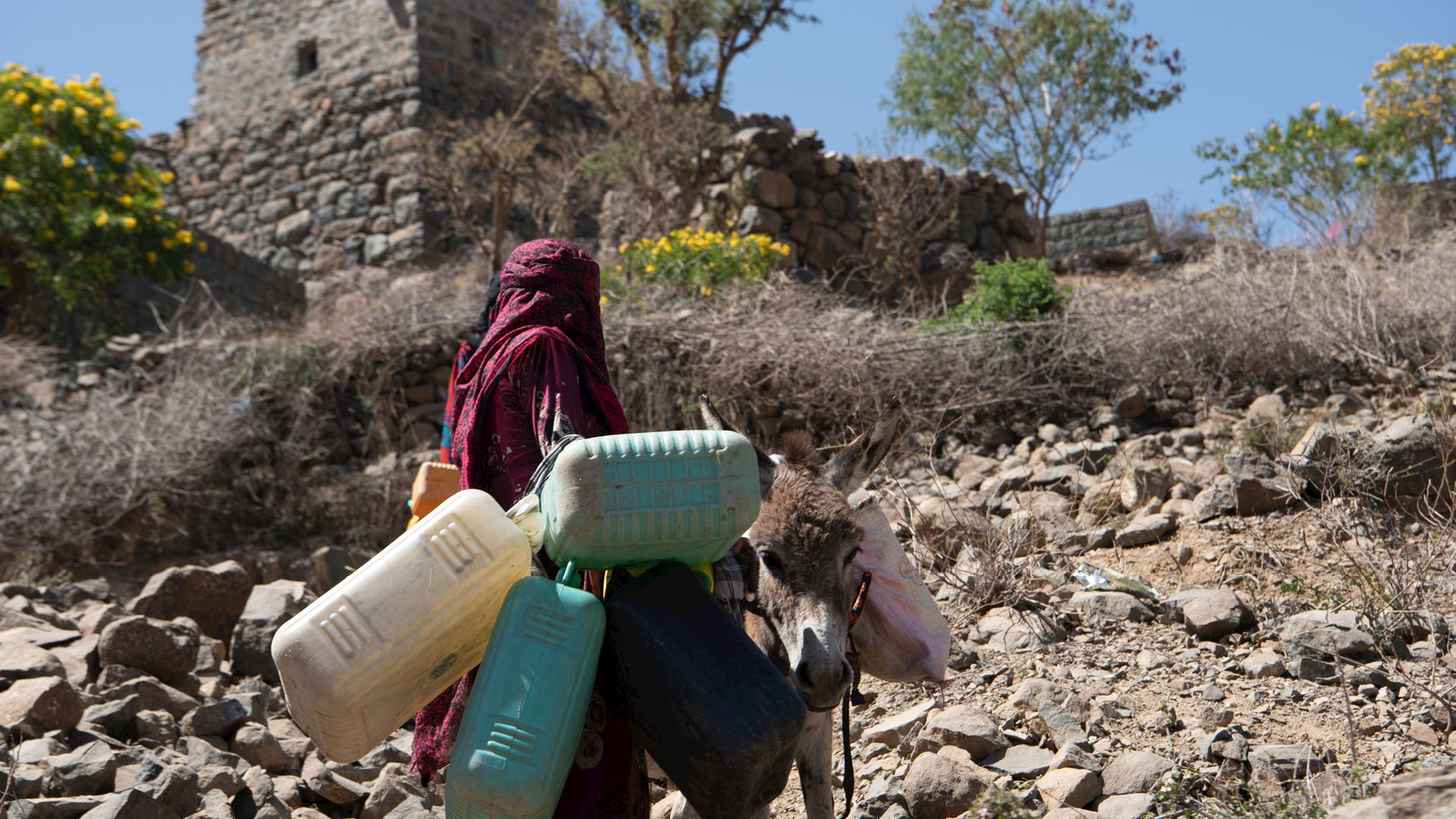
Without access to piped water, people have been forced to resort to the private water sector, which is not only unsafe, but extortionate. In the private sector, water is distributed from private wells via water trucks who set their own prices - in 2018, they were selling water for 16 times as much as what they had paid for it! If the water required desalination, the water truck would charge for that as an additional service.
On top of that, many private water tanks are not covered or closed off, which contributes to outbreaks of water-related illnesses. So essentially, families living in the midst of an economic crisis and famine are being forced to pay an incredible amount of money just to drink unsafe water.
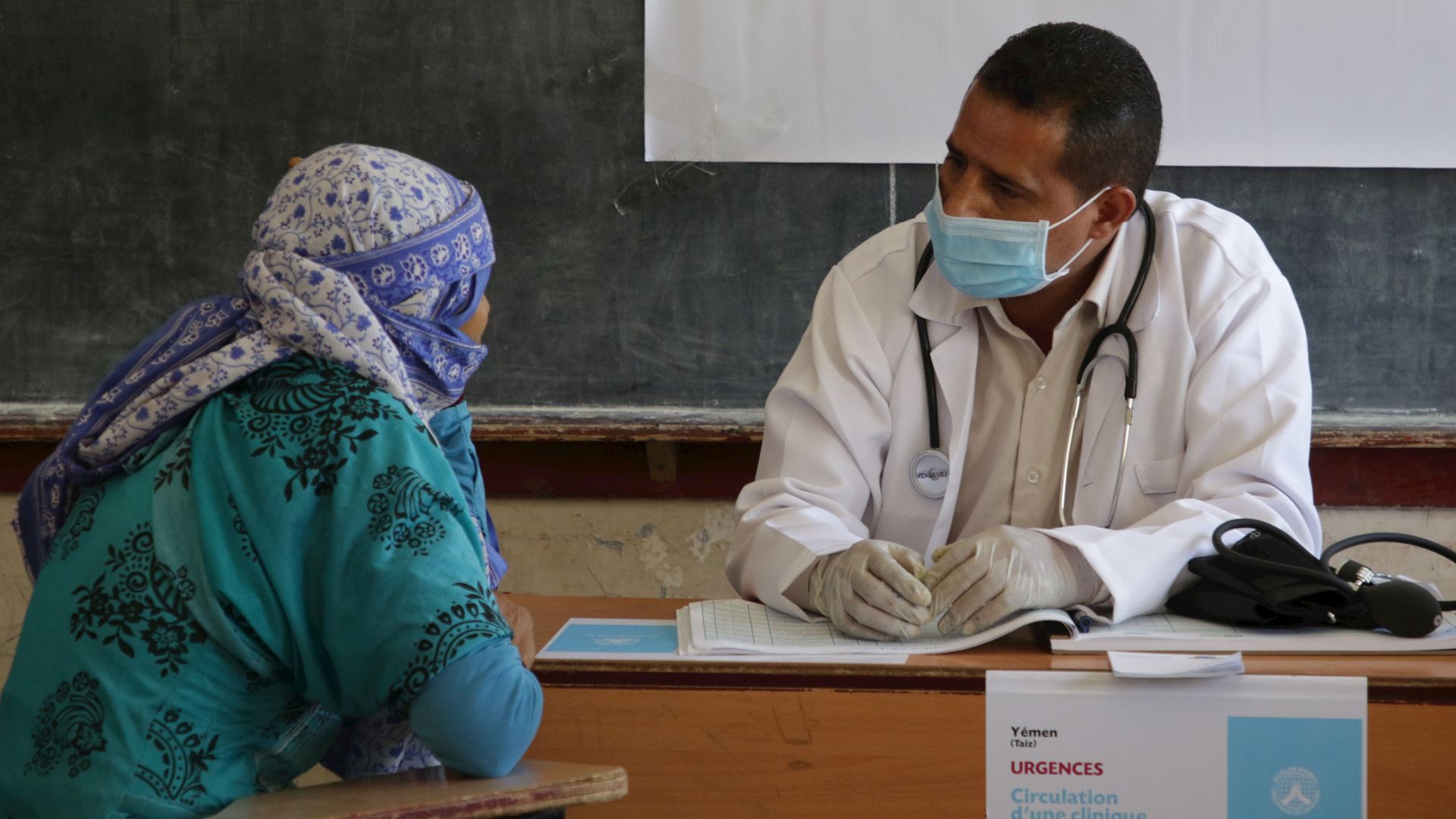
This crisis is compounded by the lack of healthcare in Aden, which means that, if someone falls ill due to cholera, which is entirely treatable, they may die simply because they couldn't access medical care. Many health facilities in Aden - including hospitals, pharmacies, private specialised clinics and health centres - are either completely non-functioning or only partially functioning. Walking to the nearest health facility can take up to one hour, but high fuel prices and damaged roads mean people can't access these facilities by car or bus.
So to summarise: people in Aden primarily rely on piped water, but they can only receive this every three days. They resort to private water tanks, but this is extortionate and also unsafe. And if they contract a waterborne disease, they may not even be able to access the healthcare they need. At every step, they encounter the water and health crisis and have no way to protect themselves from its consequences.
What is our intervention?
The primary reason for the water crisis in Aden is lack of public water supply.
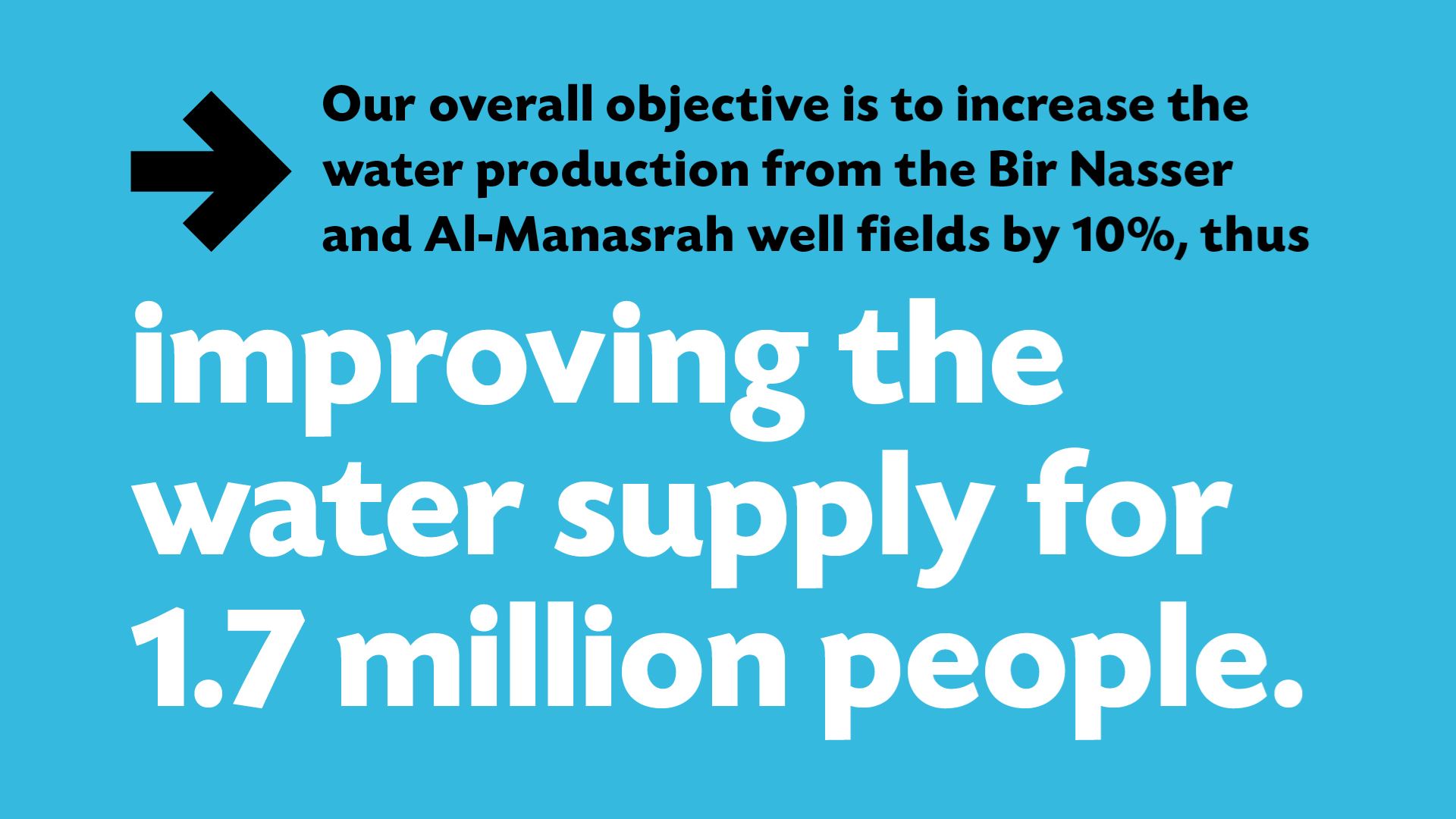
This encompasses 60-70% of the Aden population and 30-40% of the Lahj population, including IDPs and refugees.
Here's how we plan to rehabilitate the water network in Aden:
- We will install 8 new submersible pumps in the well stations. This will save maintenance costs on the old, dilapidated pumps and increase efficiency.
- We will construct 3 new wells in the Bir Nasser well field, including constructing 3 pumping rooms around them to protect the equipment.
- We will provide new water pipes to connect the reservoir and the well stations, to streamline the supply of piped water into people's homes.
- We will install 4,000 metres of an electric network to connect the three new wells to the main electric line. Each well has an expected productivity of 180 cubic metres per hour; as mentioned before, the current electric network does not have the capacity to cope with increased water production and it is faulty and dilapidated. This has led to water being piped into people's homes for only 2-4 hours every three days. Ultimately, we want to reduce power outages so water production isn't halted, and it is more efficient to install a new network to save maintenance costs on the old network.
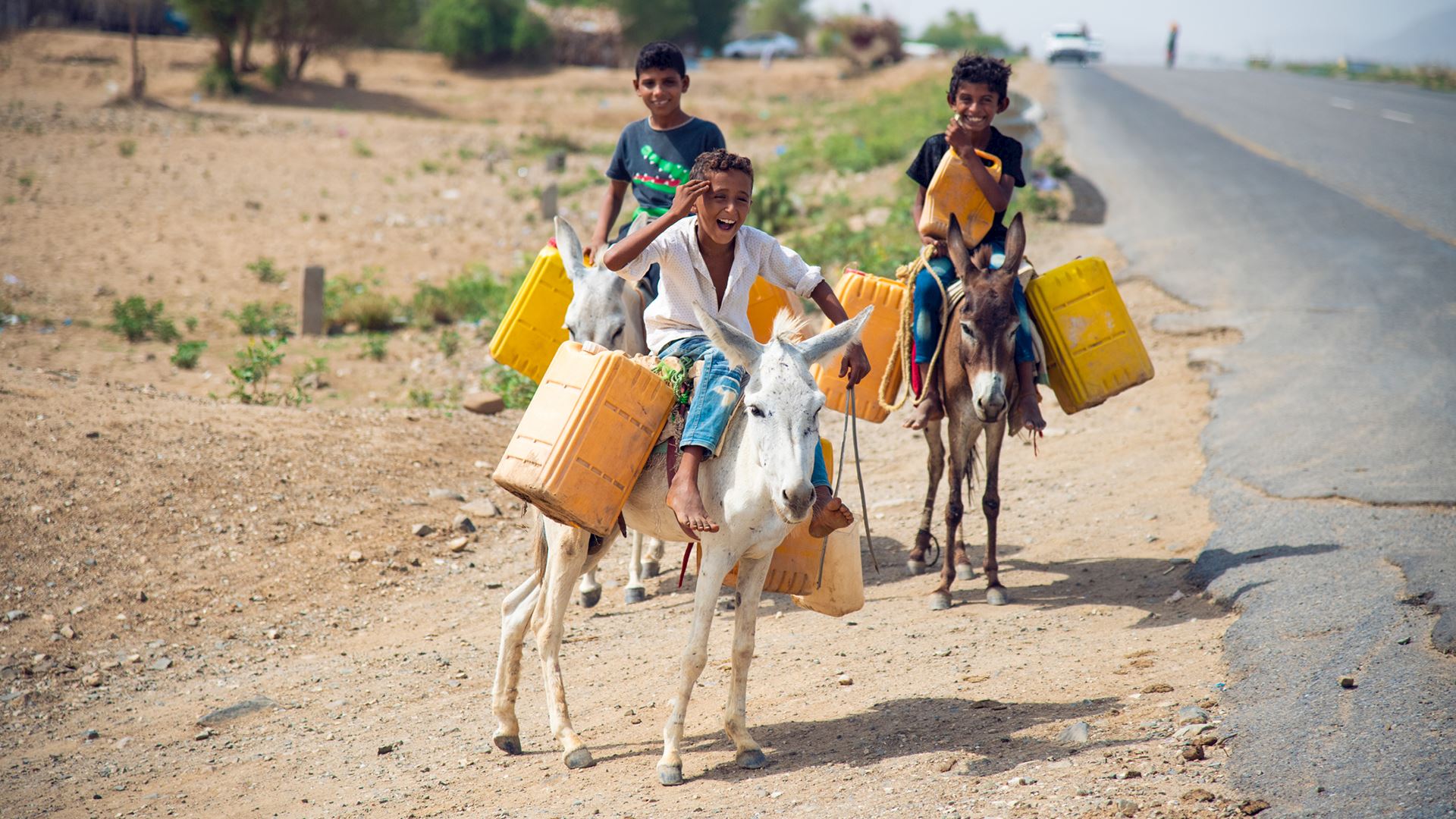
We aim to increase water production in Aden by 5,000 cubic metres per day, which is an increase of 10% compared with the current water production.
To summarise, this project gets to the heart of the crisis in Aden and immediately increases daily water production, improving water supply for 1.7 million people. This will be especially vital during the hot summer months.
Although we are co-ordinating with local authorities (including the Local Corporation for Water and Sanitation, the Ministry of Planning and International Cooperation, and the Ministry of Water and Environment), Muslim Hands will be providing all of the equipment and carrying out all of the construction, renovations and installations from start to finish. The total project cost is expected to be around £446,000 and, with your support, we can raise the funds to complete it, in sha Allah.
How will this project make a difference?
By rehabilitating the water network in Aden, we aim to:
- Increase water production and therefore reduce water shortages in Aden
- Make clean piped water available daily to the residents of Aden, thus reducing waterborne diseases caused by water transport in unsafe tanks
- Prevent a 'catastrophic summer' [Aden Water Corporation], which will occur if the extreme need is not met and the water shortages continue
- Reduce the financial burden for families living in poverty who can't afford to buy water
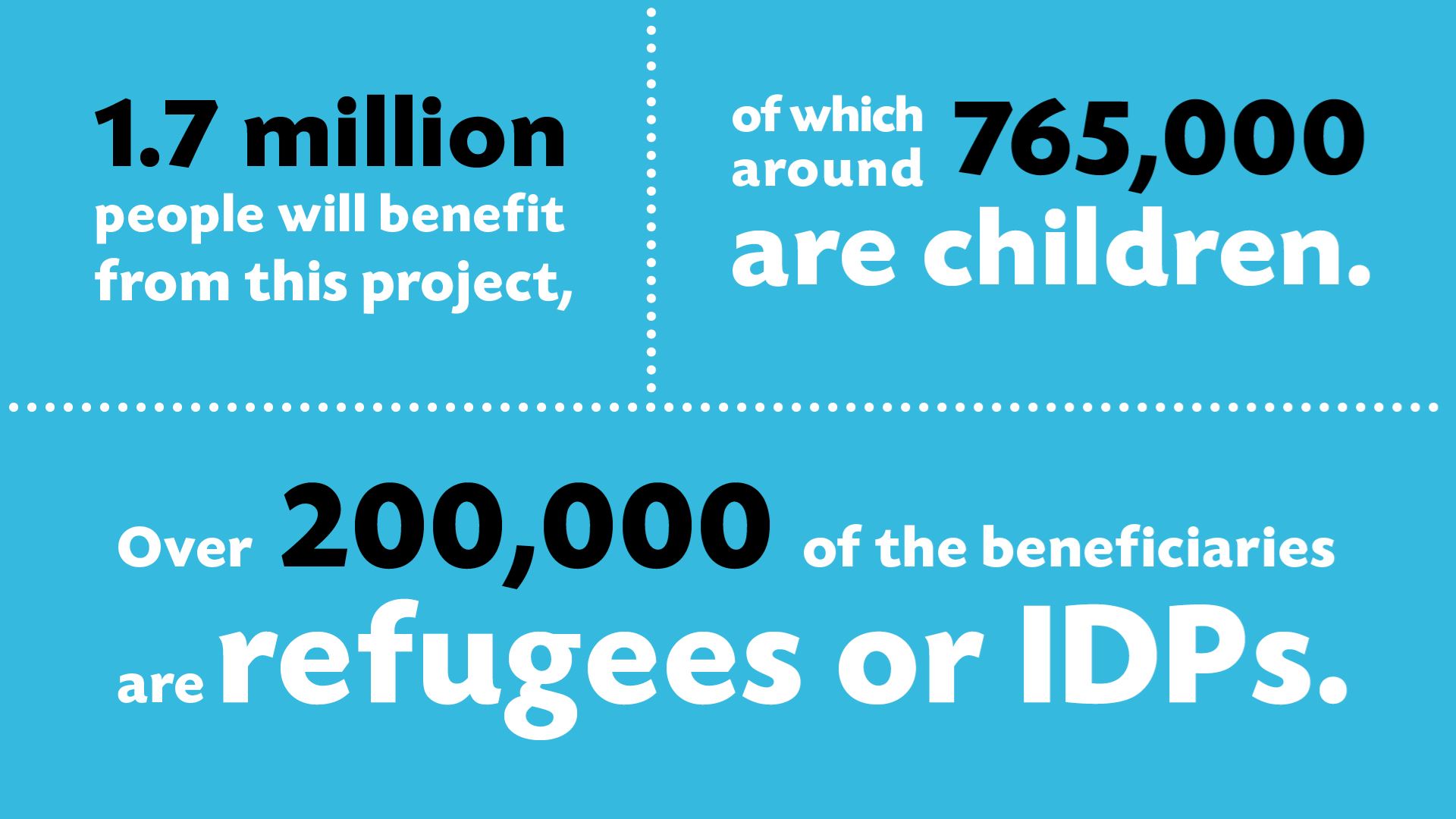
This project will not only benefit a massive number of people, it will also have a long-lasting impact in Aden, providing water for generations to come, and it is thus an incredible Sadaqah Jariyah.
Moreover, it will benefit the blessed people of Yemen, whom the Prophet (saw) expressed an extraordinary love for. Time and again, he praises them as soft-hearted and virtuous - and he even promises to quench their thirst on the Day of Judgement!
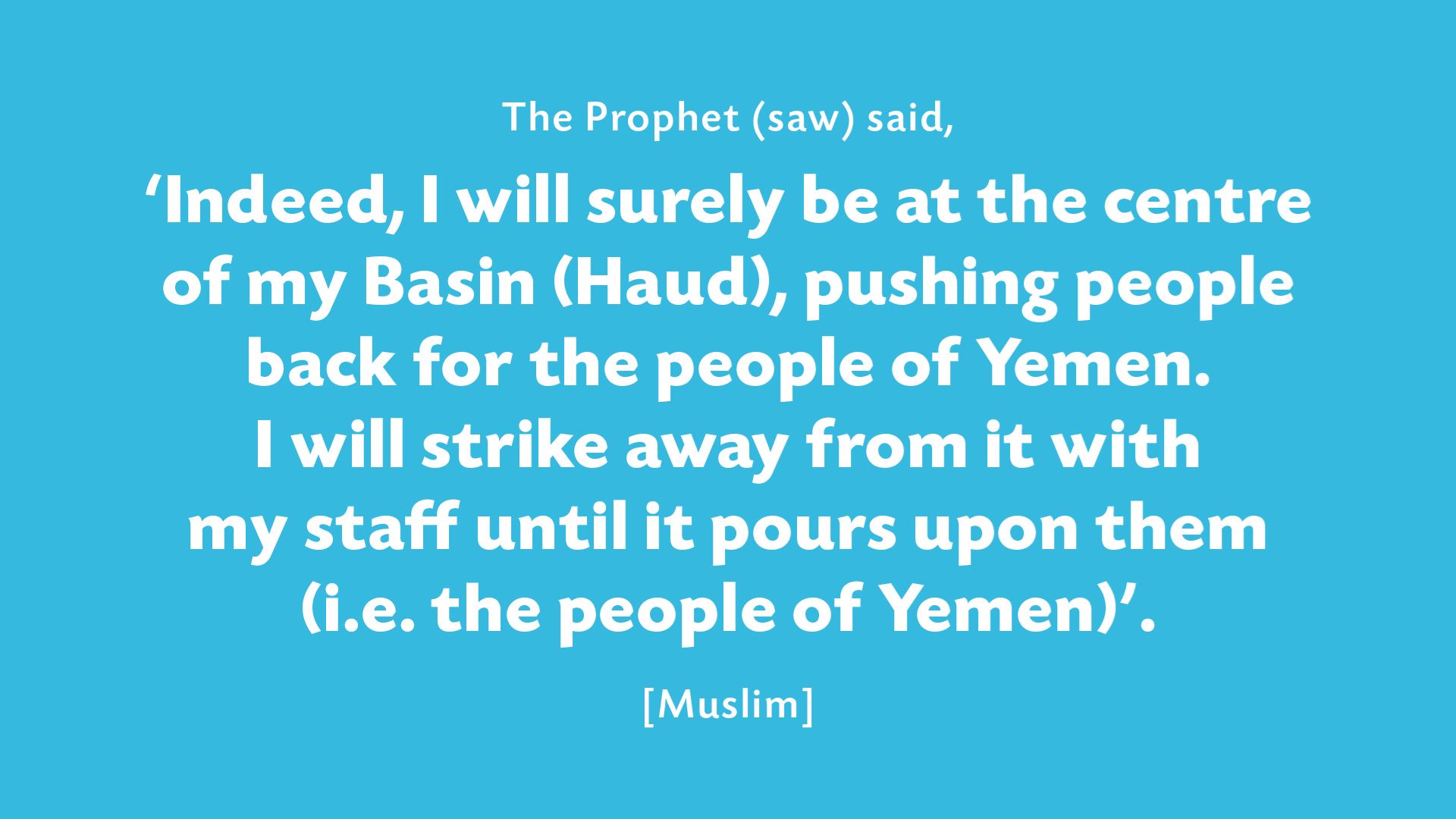
SubhanAllah, we have the opportunity to quench the thirst of those who will be first to drink from the Prophet's Basin on the Day of Judgment. We have the opportunity to alleviate their suffering in this world, improving health and ultimately saving lives. We have the chance to send them water to drink every single day, round-the-clock, for years and years to come - so how can we turn down this chance?
By donating to the Yemen Water Fund, you can be a part of this blessed Sadaqah Jariyah this Ramadan. We also urge you to share this cause with family and friends, so they can support the people who are so beloved to the Prophet (saw). Don't miss out on this amazing opportunity!





